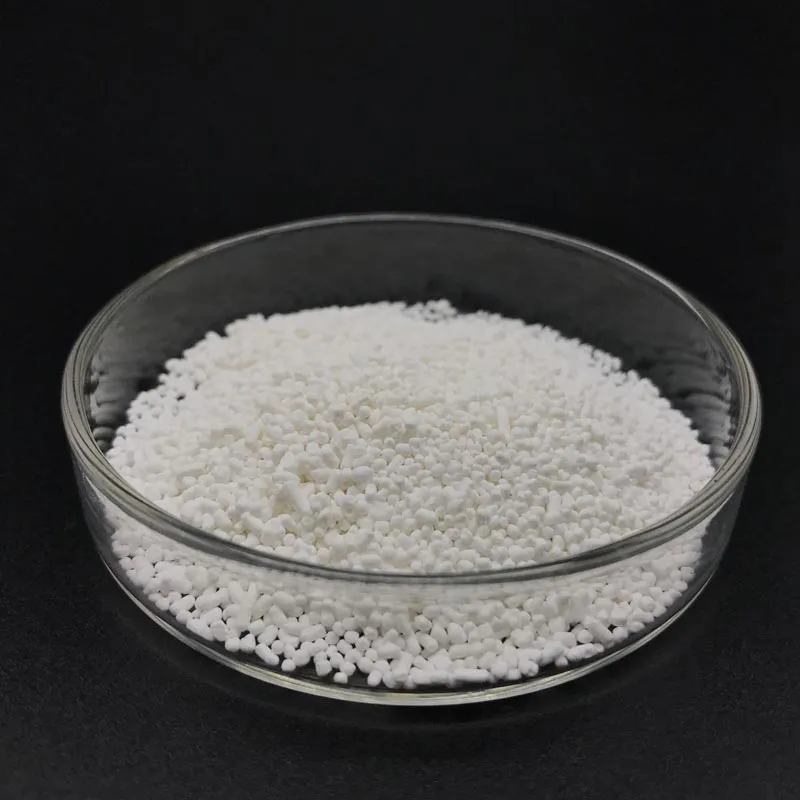Understanding Water Treatment Agents: Importance, Types, and Applications
2024-10-30
Water is a vital resource for all living organisms, and its quality directly impacts health, environment, and industry. As demand for clean water continues to rise, so does the need for effective water treatment solutions. Water treatment agents play a crucial role in ensuring that water meets safety and quality standards for various applications. In this blog, we’ll explore what water treatment agents are, their types, and their applications.
What Are Water Treatment Agents?
Water treatment agents are chemical substances used to modify the properties of water, making it safe for consumption, industrial use, or environmental discharge. These agents help in the removal of impurities, pathogens, and contaminants, improving water quality and ensuring compliance with regulatory standards.

Importance of Water Treatment Agents
1. Health and Safety: Ensuring safe drinking water is paramount for public health. Water treatment agents eliminate harmful bacteria, viruses, and pollutants, reducing the risk of waterborne diseases.
2. Environmental Protection: Treated water minimizes the impact on ecosystems. Proper treatment prevents harmful contaminants from entering rivers, lakes, and oceans, preserving biodiversity.
3. Industrial Efficiency: In industrial processes, clean water is essential for optimal operation. Water treatment agents help prevent scaling, corrosion, and fouling in equipment, enhancing efficiency and longevity.
4. Regulatory Compliance: Many industries must adhere to strict environmental regulations regarding water quality. Using appropriate treatment agents ensures compliance with local and national standards.
Types of Water Treatment Agents
1. Coagulants and Flocculants
- Purpose: These agents help remove suspended particles from water. Coagulants neutralize the charge of particles, allowing them to clump together (flocculation) for easier removal.
- Common Examples: Alum (aluminum sulfate), ferric chloride, and polyacrylamide.
2. Disinfectants
- Purpose: Disinfectants kill or inactivate harmful microorganisms in water.
- Common Examples: Chlorine, ozone, and ultraviolet (UV) light.
3. pH Adjusters
- Purpose: These agents adjust the acidity or alkalinity of water to optimal levels for treatment processes or specific applications.
- Common Examples: Sulfuric acid, sodium hydroxide, and calcium carbonate.
4. Biocides
- Purpose: Biocides control biological growth in water systems, preventing the proliferation of bacteria, algae, and other organisms.
- Common Examples: Quaternary ammonium compounds and glutaraldehyde.
5. Sequestering Agents
- Purpose: These agents bind to metals and minerals in water, preventing them from precipitating and causing scaling or corrosion.
- Common Examples: Ethylenediaminetetraacetic acid (EDTA) and phosphates.
6. Membrane Treatment Agents
- Purpose: Used in reverse osmosis and filtration systems, these agents enhance membrane performance and prevent fouling.
- Common Examples: Antiscalants and cleaning agents.
Applications of Water Treatment Agents
1. Municipal Water Treatment
Municipal water treatment facilities use a combination of coagulants, disinfectants, and pH adjusters to provide safe drinking water to communities.
2. Industrial Water Treatment
Industries, including power generation, food and beverage, and pharmaceuticals, utilize water treatment agents to ensure process water quality and equipment protection.
3. Wastewater Treatment
In wastewater treatment plants, agents like coagulants and biocides are essential for treating sewage and industrial effluents before discharge or reuse.
4. Agricultural Applications
Water treatment agents help in irrigation systems to ensure the water used for crops is free from pathogens and harmful chemicals.
Conclusion
Water treatment agents are vital components in the quest for clean, safe, and usable water. By understanding the types and applications of these agents, industries and municipalities can implement effective water treatment strategies that protect public health, preserve the environment, and enhance operational efficiency. As global water challenges continue to grow, the importance of these agents will only increase, driving innovation and improvements in water treatment technologies. Whether for municipal supply or industrial processes, investing in proper water treatment is crucial for a sustainable future.


